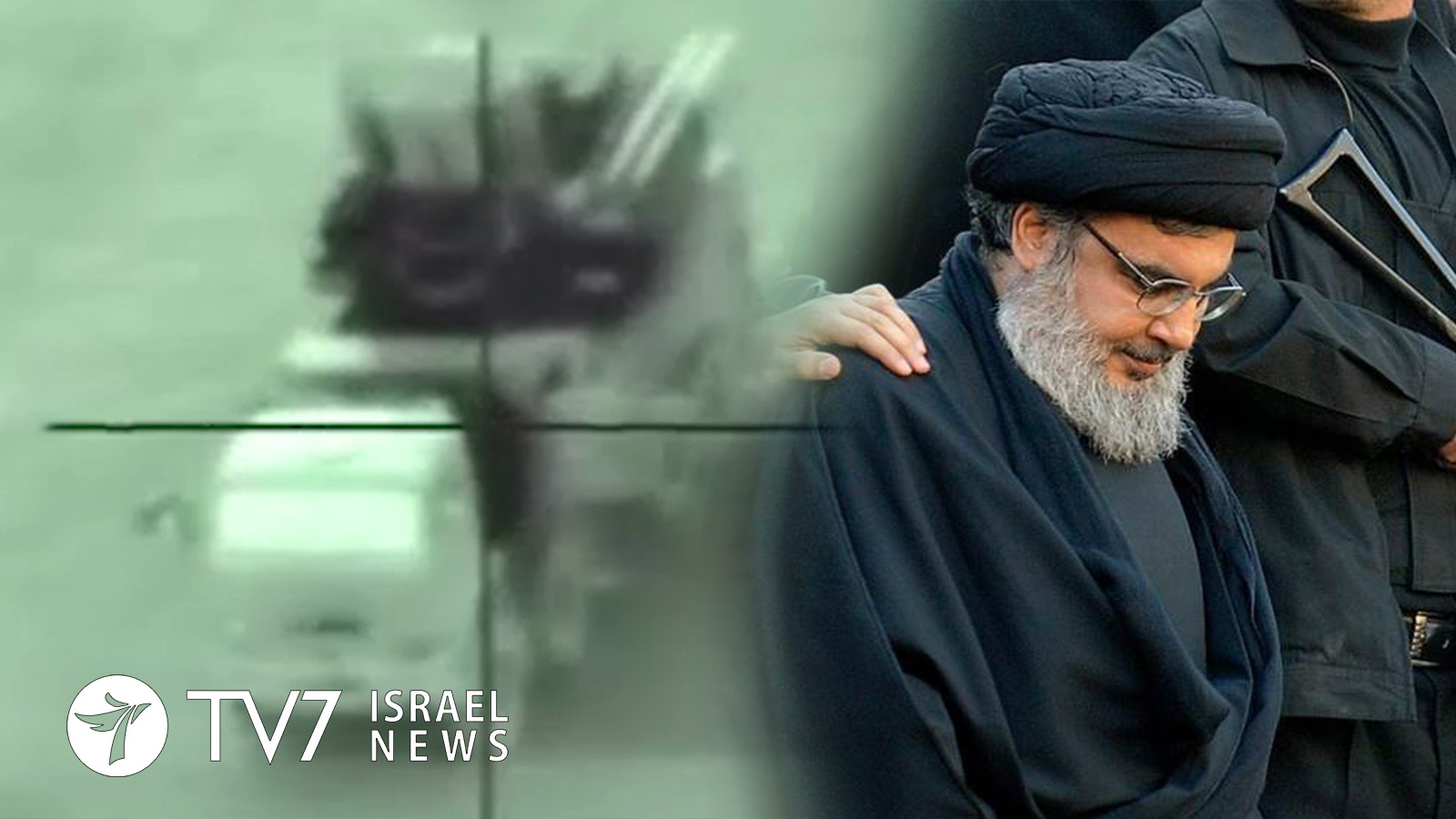Recently retired IDF Chief of Staff Gabi Eisenkot claimed that the Lebanese Iranian-proxy Hezbollah is increasingly frustrated by Israel’s successes in thwarting the Shi’ite militia’s efforts to bolster its military-might for the purpose of attacking the Jewish state. In an interview with the Chairman of the Institute for National Security Studies, Major General in Reserve Amos Yadlin; the former commander of the Israeli Military underscored that the three main components that weakened Hezbollah’s hostile aspirations in recent years, include the destruction of their cross-border attack tunnels project, the continued disruption of smuggled ‘precision-guided-missiles‘ into Lebanon and the entrenchment of its fighters – along-side other Iranian militias – adjacent to the Israeli-border of the Syrian Golan Heights. Furthermore, the General Eisenkot said that the sanctions against the Islamic Republic of Iran, which is the main financial backer of Hezbollah, has diminished the Shi’ite organization’s dominant position in Lebanon. With regard to the Iranian military entrenchment in Syria, the former IDF chief underlined Israel’s resolve to thwart its expansionist aspirations; yet noted that Iran identified the vacuum that emerged across the region, including in Syria, which was seen as a great opportunity to realize a “grandiose vision” to make a real change in the war-torn-country. “They (Iran) understood that there is going to be a change and they presented a grandiose vision to make a real change in Syria. An Iranian hegemony in Syria. Although Syria is very different than Iraq and Lebanon, because of the ethnic composition. In Syria there is only 4 percent Shi’ites, and they had a vision of bringing combatants and people and indoctrination and impact by the Iranians,” Eisenkot said.
Meanwhile, Israeli President Reuven Rivlin, who also addressed an annual conference of the Institute for National Security Studies, said he believes that the Islamic Republic of Iran is going to exacerbate its activities against Israel’s policies in both Syria and Lebanon. According to the Israeli President “Iran, so I believe, is going to exacerbate its activities against the Israeli policy in the north, both in Syria and in Lebanon. The Iranian challenge is not just in the northern arena but also has to do with the global diplomacy in the world. A continuation of the Iranian experiments (and schemes) in (the field of) ballistic missiles have become a controversy in the relations of Iran with the states of the European Union, even those who support the dialog with them.”
